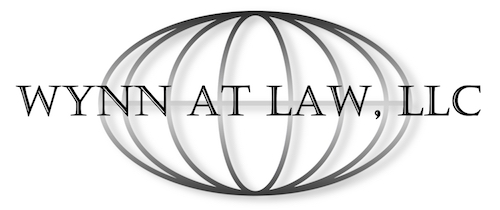Photo by Brian Jackson, used with permission.
![]()
![]()
![]()
![]()
![]()
Attorney Shannon Wynn and Associates are fantastically outstanding! Their exceptional professionalism, patience, trust, integrity, genuine caring attitude, and legal knowledge is of the highest level. They have been there every step of the way, always offering help in any way possible. I would highly recommend Attorney Shannon Wynn and Associates/staff for general or specialized legal needs.
Lake Geneva, On-Site Review
![]()
![]()
![]()
![]()
![]()
I enjoyed working with Attorney Wilson and the Wynn Law team for my recent purchase of land. Not working with a realtor to purchase real estate had me nervous. The Wynn law team stepped in and helped me through the process from writing the offer to ensuring the items needed for close were done to representing me at closing. The team was easy and pleasant to work with. I'd highly recommend them.
Lake Geneva, On-Site Review
![]()
![]()
![]()
![]()
![]()
Attorney Wynn and her entire staff are wonderful! They are all easy to work with and very knowledgeable. Attorney Wynn was always understanding of my situation, and worked hard for me. She responded to any questions I had in a timely manner and her staff did the same. I would HIGHLY recommend Wynn at Law to anyone looking for an attorney!
Lake Geneva, On-Site Review![]()
![]()
![]()
![]()
![]()
We had a very good experience working with Shannon Wynn and her associates.She made us feel at ease and made the whole experience of Bankruptcy painless. We would recommend her to anybody that needed her services. She is such a nice lady and really cares about you and your family.
Lake Geneva, Google Review